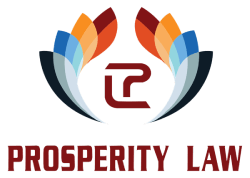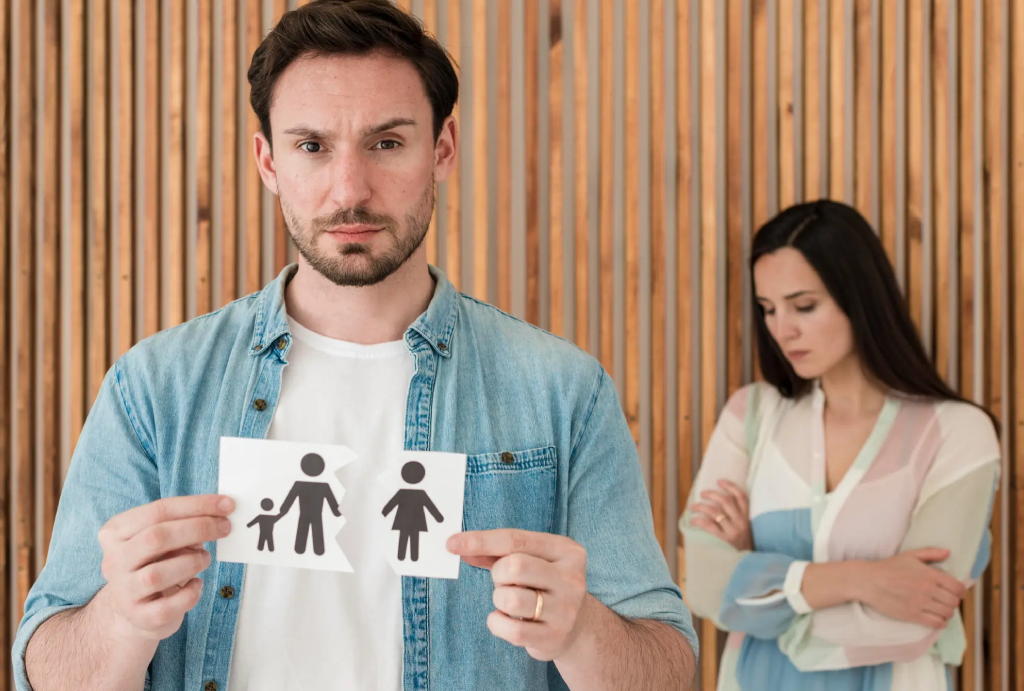Estate Planning: Understanding the Basics
Estate planning is an essential process of managing your assets and finances for the future. It involves creating a plan that determines how your assets will be distributed after your death, ensuring that your loved ones receive their rightful inheritance without facing any legal battles or disputes. Here are some essential things you need to know about estate planning: Regardless of your age, income level, or the size of your assets, estate planning is a crucial aspect of life. It’s not only for the wealthy but for everyone who wants to ensure that their hard-earned assets go to the right people. While having a will is essential, estate planning is not just about drafting a will. It also involves creating trusts, power of attorney, health care directives, and beneficiary designations. These documents ensure that your estate is managed according to your wishes, even when you are unable to make decisions yourself. Probate is a legal process where the court distributes the deceased person’s estate. This process can be time-consuming, expensive, and emotionally draining for your loved ones. Estate planning allows you to avoid probate by creating a trust, which transfers your assets directly to your beneficiaries after your death. Estate planning protects your family from unnecessary legal battles and disputes. By having a clear and comprehensive estate plan, you can ensure that your loved ones receive their inheritance without any conflicts. Your estate plan is not a one-time thing. It should be reviewed and updated regularly to reflect any changes in your life, such as marriage, divorce, the birth of a child, or the death of a family member. Regular updates will ensure that your estate plan remains relevant and effective. In conclusion, estate planning is an essential process that everyone should undertake to ensure that their assets are distributed according to their wishes. By creating an estate plan, you can protect your family, avoid probate, and ensure that your hard-earned assets are distributed to the right people.
Estate Planning: Understanding the Basics Read More »








